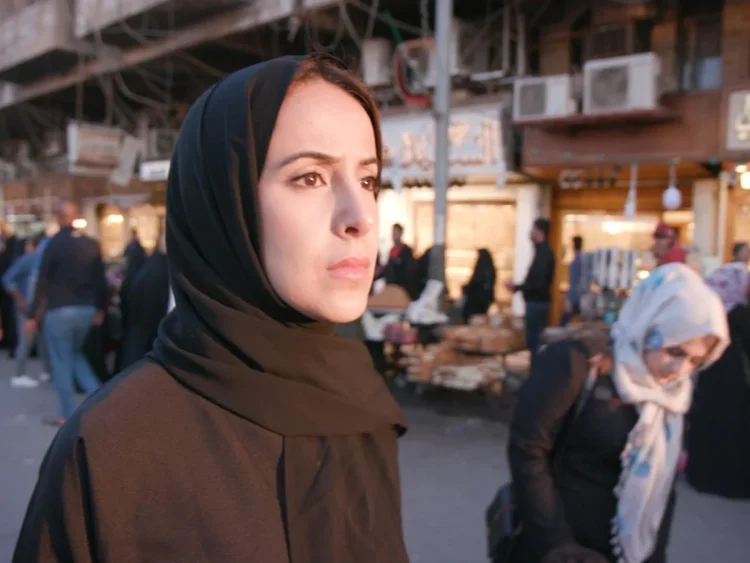Prostitution in Iraq: A Complex Tapestry of Conflict, Poverty, and Social Stigma

armed conflict, economic hardship, social stigma, and weak legal frameworks, has contributed to its prevalence. This article delves into the multifaceted dimensions of prostitution in Iraq, exploring its historical context, underlying causes, the experiences of sex workers, the legal framework, and the challenges faced in addressing this complex issue.
Historical Context
The history of prostitution in Iraq dates back centuries, influenced by various socio-cultural and political developments. During the Ottoman Empire, prostitution was regulated and taxed, with licensed brothels operating openly. The subsequent rise of Islamic fundamentalism and the Baathist regime led to stricter laws and a crackdown on sex work. However, the 2003 US-led invasion and subsequent occupation destabilized the country, creating a fertile ground for the resurgence of prostitution.
Underlying Causes
Several factors contribute to the prevalence of prostitution in Iraq:
- Armed Conflict and Displacement: Decades of war and conflict have displaced millions of Iraqis, leaving many women and girls vulnerable to exploitation and trafficking. The breakdown of social structures and economic opportunities has forced some to turn to sex work for survival.
- Poverty and Economic Hardship: Iraq’s economic challenges, including high unemployment rates and income inequality, have exacerbated poverty levels. For some women, prostitution becomes a means of generating income to support themselves and their families.
- Social Stigma and Discrimination: Iraqi society is deeply conservative, with strong patriarchal norms and a pervasive stigma attached to sex work. Women who engage in prostitution often face social ostracism, discrimination, and violence.
- Weak Legal Framework: The legal framework surrounding prostitution in Iraq is ambiguous and often contradictory. While prostitution itself is illegal, related offenses such as pimping and trafficking are criminalized. This has led to inconsistent enforcement and limited protection for sex workers.
- Organized Crime and Trafficking: Criminal networks are involved in trafficking women and girls into Iraq for the purpose of sexual exploitation. These networks exploit vulnerabilities and operate with impunity, making it difficult to combat the issue.
The Experiences of Sex Workers
Sex workers in Iraq face a multitude of challenges, including physical and psychological abuse, discrimination, and limited access to healthcare and legal services. Many are victims of trafficking and forced labor, with little recourse to justice. The stigma associated with their work prevents them from seeking help or reporting abuses.
Legal Framework and Enforcement
Iraq’s legal framework on prostitution is complex and often contradictory. While prostitution itself is illegal, related offenses such as pimping and trafficking are criminalized. However, enforcement of these laws is inconsistent, and sex workers are often subjected to criminalization and punishment rather than being treated as victims.
Efforts to address the issue of prostitution through law enforcement alone have proven ineffective. A more comprehensive approach is needed, focusing on prevention, protection, and prosecution. This includes strengthening anti-trafficking laws, providing support services for sex workers, and addressing the underlying social and economic factors that contribute to the problem.
Challenges and Opportunities
Addressing the issue of prostitution in Iraq is a complex and multifaceted challenge. Several factors hinder progress, including limited resources, lack of political will, and deeply ingrained social attitudes. However, there are also opportunities for positive change.
Civil society organizations and international agencies are working to provide support services to sex workers, raise awareness about the issue, and advocate for policy reforms. These efforts, coupled with increased government commitment and cooperation, can contribute to improving the lives of sex workers and reducing the prevalence of prostitution in Iraq.
Conclusion
Prostitution in Iraq is a complex issue with deep-rooted causes. It is essential to adopt a holistic approach that addresses the underlying factors contributing to the problem, such as poverty, conflict, and social stigma. By providing support services, strengthening legal frameworks, and promoting gender equality, it is possible to create a more just and equitable society for all, including sex workers.





